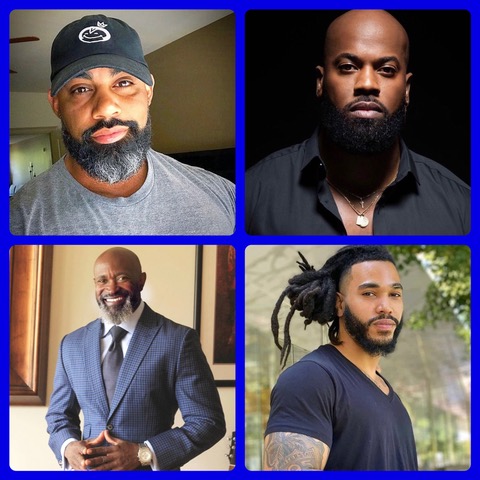One thing they cannot prohibit—
The strong men . . . coming on
The strong men gittin’ stronger.
Strong men . . .
Stronger . . .
— Sterling Brown, 1931
The decline in U.S. life expectancy between 2019 and 2020 can primarily be attributed to the pandemic, as COVID-19 deaths contributed to 74% of the decline. An estimated 11% of the decline in life expectancy can be attributed to increases in deaths from accidents/unintentional injuries.
These drops in life expectancy are particularly concerning for our Black men, the group already identified as having the lowest life expectancy.
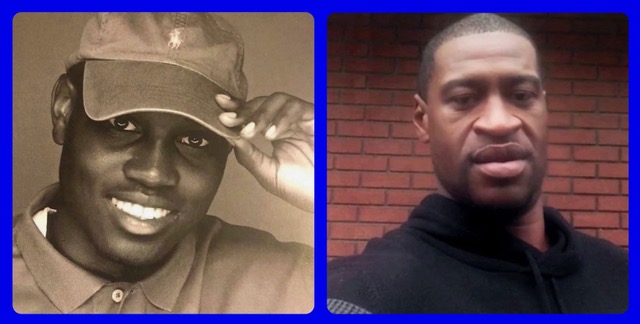
When we marched and protested against the horrific murders of Ahmaud Arbery and George Floyd, the devil was clear, and the violation of our souls was never more acute. But how do we rise up and protest against the other causes of early death in Black men? It’s not that we don’t see them.
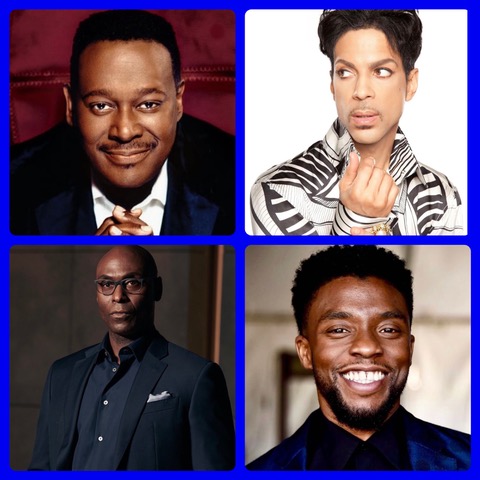
I remember when Luther Vandross died prematurely from a battle with his weight, poorly controlled diabetes, and hypertension. I am dating myself. Prince died from an accidental drug overdose. Lance Reddick, that beautiful actor from “The Wire,” dropped dead of a heart attack. And how about our beloved warrior who battled colon cancer, Chadwick Boseman? Do you see a trend?
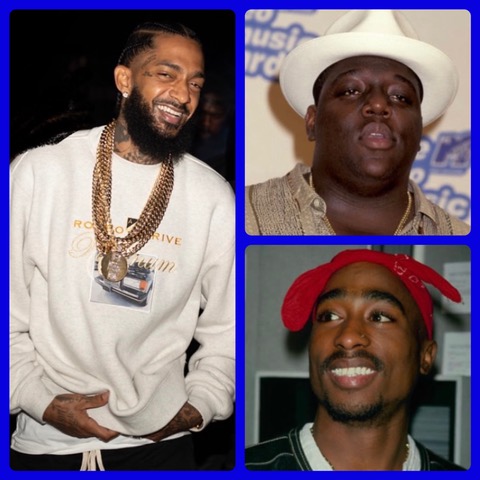
Now add our young Black creatives: Nipsey Hussle, Tupac Shakur, Biggie, and so many others that are not so famous who died way too soon. From heart disease to homicide, our baby boys are faced with the challenges of what are called the social determinants of health. These are: 1) birthplace, 2) education, 3) access to health care and quality of health care, 4) economic stability, and 5) neighborhood. The shortlist I offered as examples shows that despite a change in finances and environment, overall, our men are not gaining more years of life. My ire makes me want to fight, but as the song says, “Your arms are too short to box with God!” Is this God ordained, or can we as a community fix this?
Yes, we can if our communities start to have sustained conversations about Black men’s health and what are those health needs. One very identifiable market is for our men to contact a doctor before it becomes an emergency.

In 1987, Dr. Jean Bonhomme started the Black Men’s Health Network. He is a pioneer lecturer about the importance of increasing the health and vitality of Black young boys and men. Today, groups like Black Men Run, and hypertensive initiatives in barber shops are critical in educating Black men in culturally competent ways about the importance of health. We need sustained support for Black Men in White Coats and the Black Men’s Health Project.
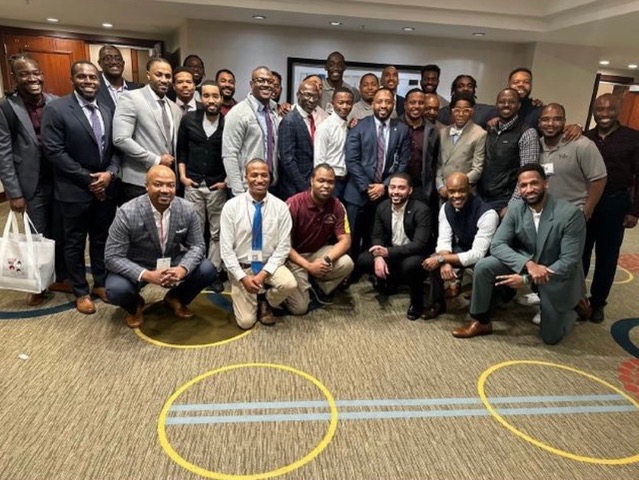
I love the poem “Strong Men” by Sterling Brown so much that I never get tired of reading these lines.
One thing they cannot prohibit—
The strong men . . . coming on
The strong men gittin’ stronger.
Strong men . . .
Stronger . . .
— Sterling Brown, 1931
It gives me hope. We have to admit that since the landing of the first slave ship on the shores of Hampton, Virginia, in August 1619, Black men have proven that they are strong and survivors. On a trip to Ghana, as I stood in the dungeon of Elmina Castle, walking through the door of no return, imagining the ship moving away from everything and everyone, I thought, those who made it on the middle passage, suffered through slavery, conquered Jim Crowism, fought the fight for civil rights, and migrated north for a warmer sun must have had a genetic makeup for survival. Even then the numbers game did not look good.
The examples of Black men who continue to make their mark on America makes Brown’s words prophetic. Nothing can stop the Black man from being. From W.E.B Dubois to former President Barack Obama, his excellence is left on the world. From The Tuskegee Airmen to Gen C.Q. Brown, who is soon to be Chair of the Joint Chiefs of Staff of the United States, yes, strong men gittin’ stronger. Here in Chicago, Rev. Jesse Jackson and Rev. Al Sharpton are living legends. I have had the honor of meeting both.
So what is the lesson for this Father’s Day? The lesson is that the numbers around Black men’s shortened life expectancy paint a picture that can look bleak and hopeless. But look to your left and look to your right and recognize that there is a Black man still standing. Against all odds, he is still here and more will come.
 Dr. Kendra Outler is an anesthesiologist at Cook County Hospital. Dr. K is the founder of Uzima Health & Wellness. Email: DrK@myumiza.org
Dr. Kendra Outler is an anesthesiologist at Cook County Hospital. Dr. K is the founder of Uzima Health & Wellness. Email: DrK@myumiza.org


